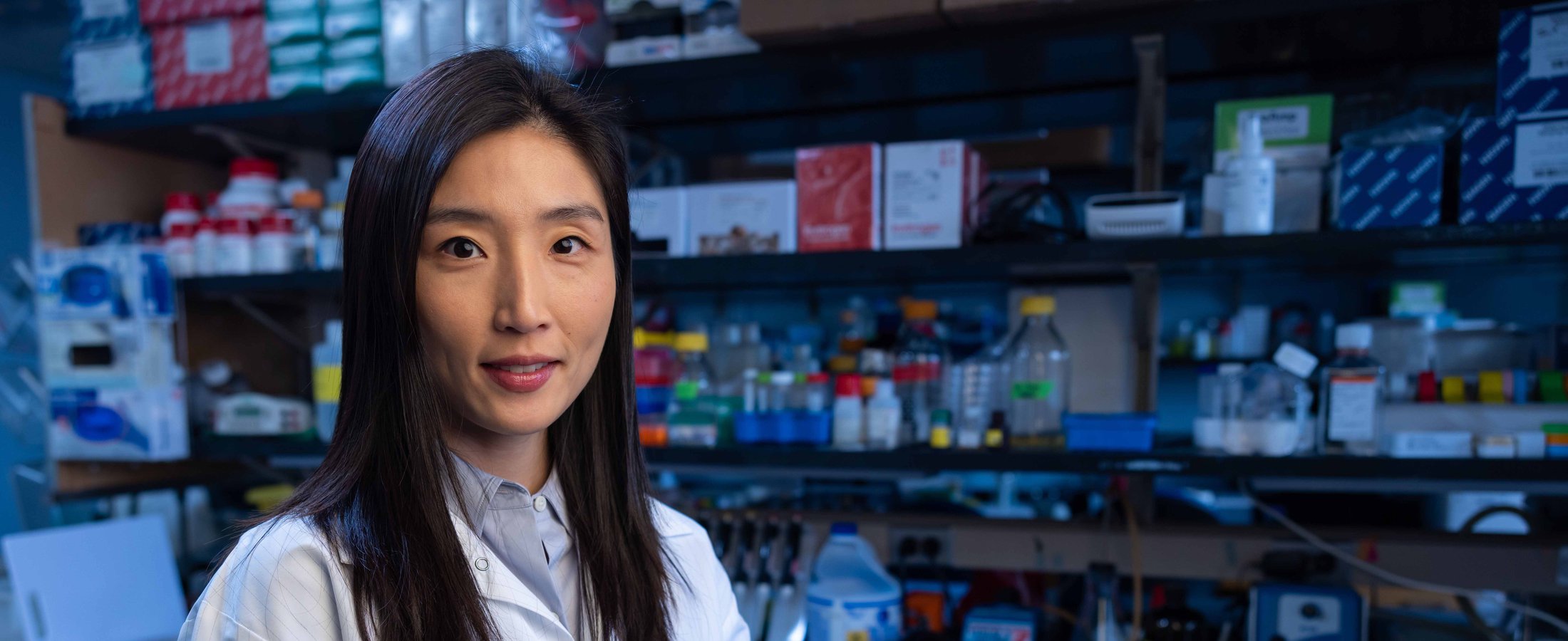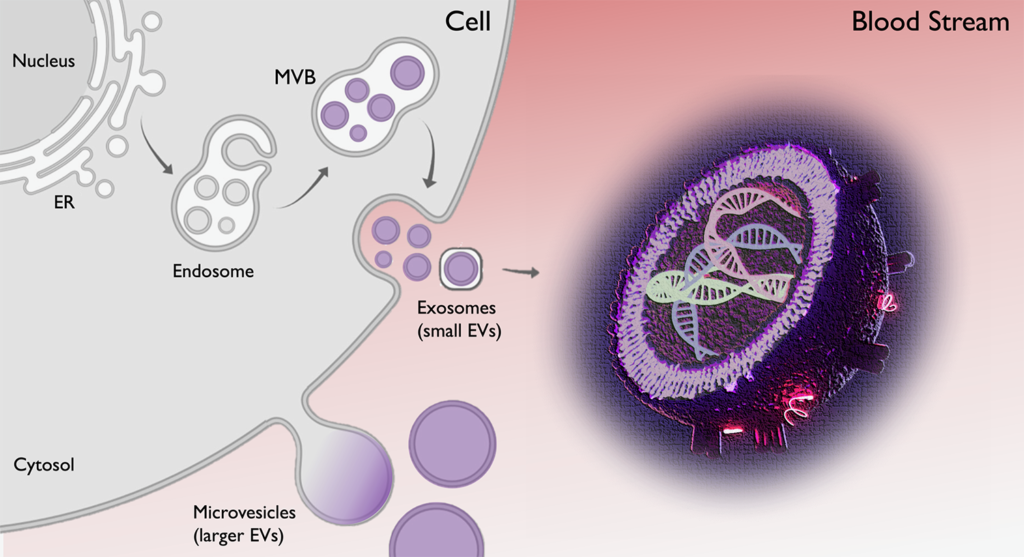
Jouha Min receives V Scholar Grant for Cancer Research
The funding will support advanced treatment prediction and tracking tools for pediatric glioma.

The funding will support advanced treatment prediction and tracking tools for pediatric glioma.
Assistant professor Jouha Min was recently awarded the V Scholar Grant from the V Foundation for Cancer Research.
The $600,000 grant will provide over 3 years of financial support to aid Min’s work to develop a new assay platform for blood-based cancer diagnosis and characterization to predict and track treatment responses in pediatric glioma patients.
“I am very honored and humbled to be chosen,” Min said. “I will use these resources to achieve our goal of developing new tools for precision cancer diagnosis and characterization, and ultimately transform the standard of care for cancer treatment.”
“I am very honored and humbled to be chosen. I will use these resources to achieve our goal of developing new tools for precision cancer diagnosis and characterization, and ultimately transform the standard of care for cancer treatment.”
Jouha Min
Assistant Professor of chemical Engineering
Diffuse midline glioma (DMG) is a fatal pediatric brain tumor, and due to cancer’s rapid mutation abilities and tendency to evade anti-cancer drugs, there are no proven therapies for DMG beyond radiation. New drugs are being tested in clinical trials, but there are currently no tools that can accurately measure their efficacy and success.
Min plans to advance a new blood-based assay specific to DMG to improve the trackability of the effects of treatment. Extracellular vesicles (EVs) will be exploited as surrogate markers of treatment response in patients. Tumors shed large quantities of EVs into the bloodstream, offering a new way to monitor treatment.

There are potential applications to the pending results of this research, with a long-term goal to transform DMG diagnostic workflows. Currently, MRI imaging and tissue analyses are the standard of care for DMG patients, but these analyses can augment results and have sampling errors, and due to the risk of brain biopsies, repeat sampling is not an option. Min’s research will advance molecular profiling tools, allowing earlier, safer, and more accurate diagnostics than the standard methods.
“These new tools can greatly improve patient outcomes by enabling robust analyses of pharmacodynamic markers. They will also have potential to enable development of new biomarkers for drug development,” Min said.
Min has been an assistant professor in the Department of Chemical Engineering since 2021. She received a BS in chemical engineering from Cornell University in 2010. She then earned a PhD in chemical engineering from Massachusetts Institute of Technology (MIT) in 2016. Min’s research lab focuses on advancing new nano/biomaterials-based platform technologies for various biomedical applications, with the ultimate intention to improve patient outcomes.
The V Foundation was founded by ESPN and legendary basketball coach Jim Valvano. Since its formation in 1993, the foundation has awarded more than $310 million in cancer research grants nationwide. The V Scholar grant supports early tenure-track faculty by funding fundamental and translational cancer research projects.